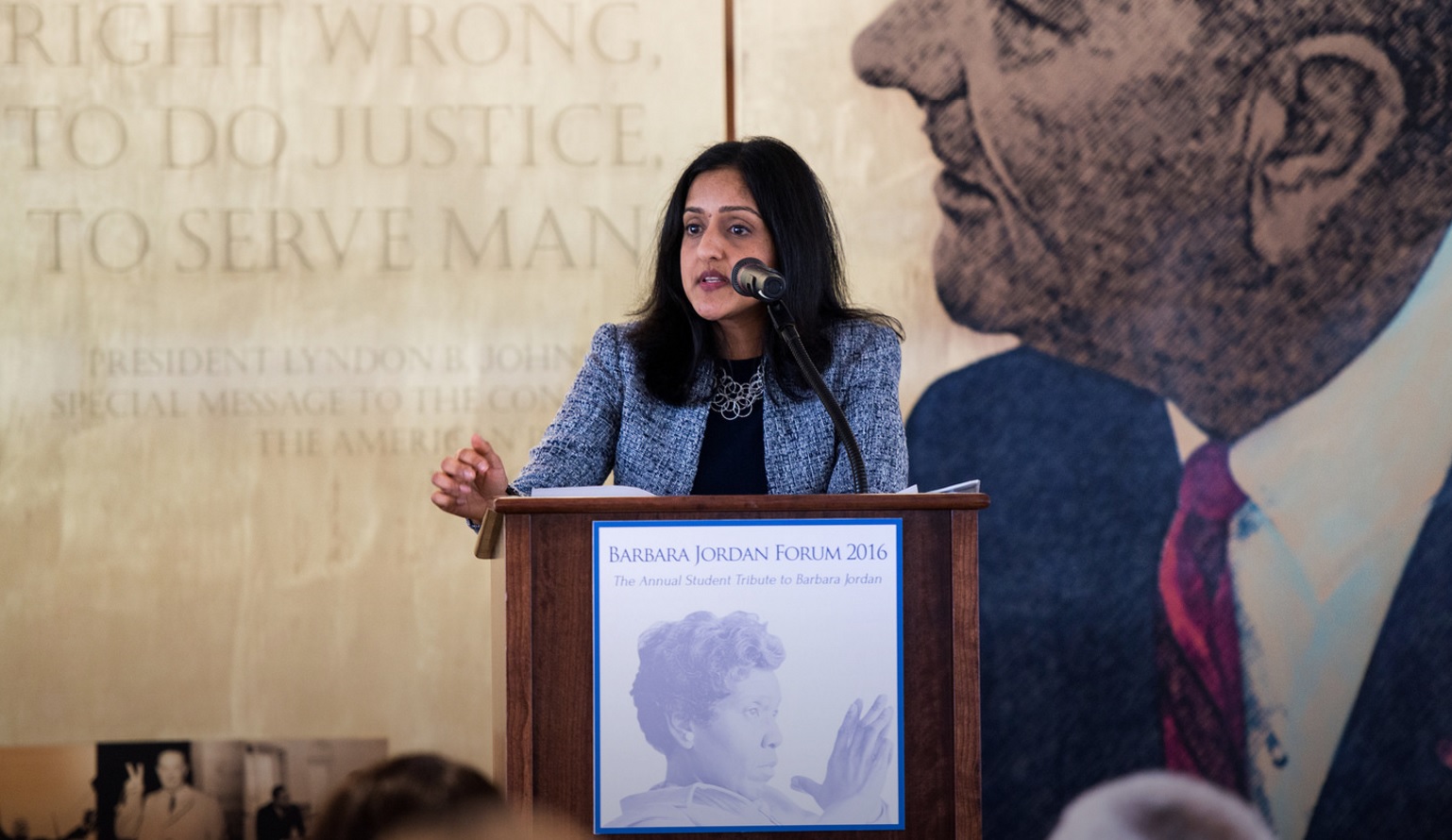On Monday, February 8, 2016, 17 year old David Joseph was shot and killed by a police officer in Northeast Austin. Police say the unarmed teen was naked and acted in an aggressive manner when he charged at Officer Geoffrey Freeman. Austin previously encountered police violence against communities of color in the 2013 shooting death of 32 year old Larry Jackson, Jr. After he was questioned about a bank robbery he was shot and killed by a police officer. My synopsis of these events does not do justice to these men’s stories; you should look up their names and the circumstances surrounding their tragic deaths.
Admittedly, Austin is a welcoming city that has, personally, cultivated a level of naivette that I wasn’t expecting. Austin’s reputation as Texas’ liberal utopia contributed to that naivette, but it is clear that there are issues that need to addressed. The shooting deaths of David Joseph and Larry Jackson, Jr. conjure up names such as Trayvon Martin, Tamir Rice, Michael Brown, and Sandra Bland. It is beyond disappointing and enraging that the shooting deaths of black men and women at the hands of the police is happening anywhere, but it hits close to home as a resident of Austin who admired the city’s progressiveness.
Given the nationwide conversation surrounding police brutality and movements such as Black Lives Matter, it was very fitting that the theme of this year’s Barbara Jordan National Forum was criminal justice reform. Austin is not immune to law enforcement practices that harm communities of color and these are conversations that need to be had at the LBJ School and the community at large. For this reason the LBJ School was honored to welcome Deputy Assistant Attorney General Vanita Gupta to give the keynote address. She drew upon her current work at the Department of Justice in the Civil Rights Division, as well as her previous contributions at the ACLU and the NAACP.
Speaking to a crowd of current students, alumni and community members, Gupta recalled her work in Ferguson. She acknowlegded that there are police officers who perform their job admirably. But the lack of trust between the community and law enforcement is a major issue.
One of the main takeaways from Gupta’s speech was legitimacy. “From our schools to our streets, too many vulnerable residents end up entering the criminal justice system, sometimes for no legitimate reason at all”, she stated. This inequality is illustrated by the school-to-prison pipeline. We also see it in the treatment of the homeless population and those individuals who live with mental health issues. These populations are disproportionately affected by faulty law enforcement practices intended, in part, to generate revenue. Often, they face fines and fees that they cannot afford to pay and their constitutional rights are violated as a result of their poverty.
Gupta criticized the way that the city of Ferguson’s criminal justice system failed to provide adequate legal representation and sought to generate revenue through policing and fines. Ferguson wasn’t the sole bearer of Gupta’s criticism. She also admonished Pennsylvania, where the DOJ’s investigation found that prisoners who suffered from mental illness were subject to solitary confinement. Gupta told more stories. In Clanton, Alabama, a resident couldn’t afford to pay $2,000 in bail for her release, and a young man and in Syracuse sat in jail for more than three months and faced up to 14 years in prison for allegedly stealing deordarant from a Rite Aid.
In hearing these stories and by simply reading the news, one realizes that there is no part of this country that is immune from the systemic and institutional issues that Gupta expounded upon. Meanwhile, She pointed out that there are poor public policies that are being enforced- and Austin is not immune. Here in Austin it remains to be seen whether or not an investigation into David Joseph’s death will be completed before the 45 day deadline.
As policy students, especially students who are passionate about criminal justice, these are the issues that we will face as we enter the work force and act as agents of change.
Gupta ended her keynote with some words of advice. “We cannot fix these problems by working in silos. Real reform requires a holistic approach. It demands collaboration. And it urges us to bridge divides in pursuit of our common goal: equality, justice, and fairness for all people – regardless of your money, or your race, or your disability status”, she said. I am inclined to agree and I believe that strides can be made towards that goal when stakeholders can come to an agreement and acknowledge that the system is broken.
Edited by: Marcos Duran

